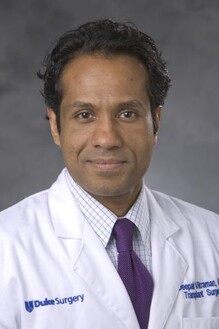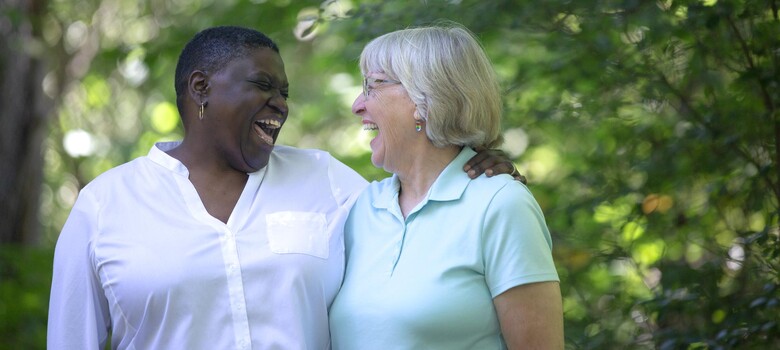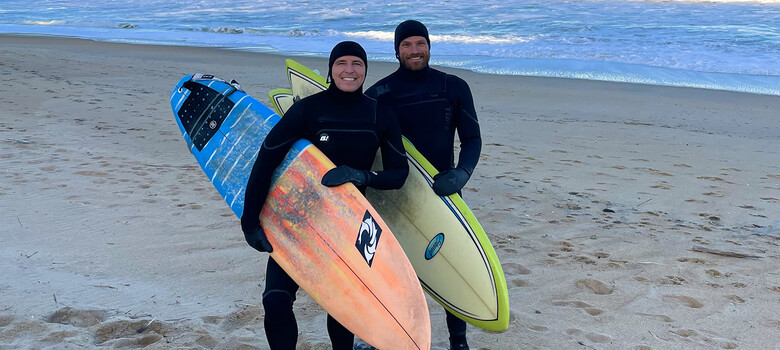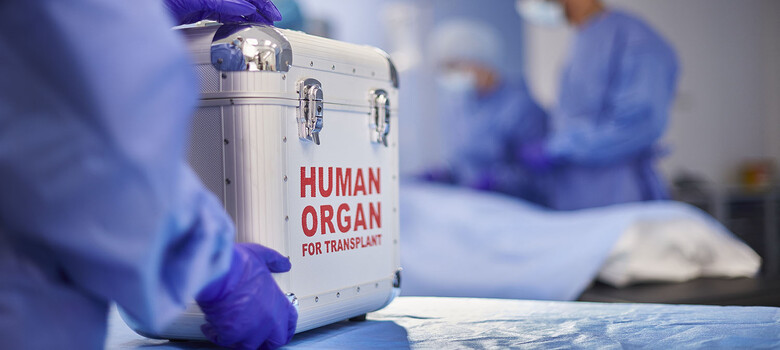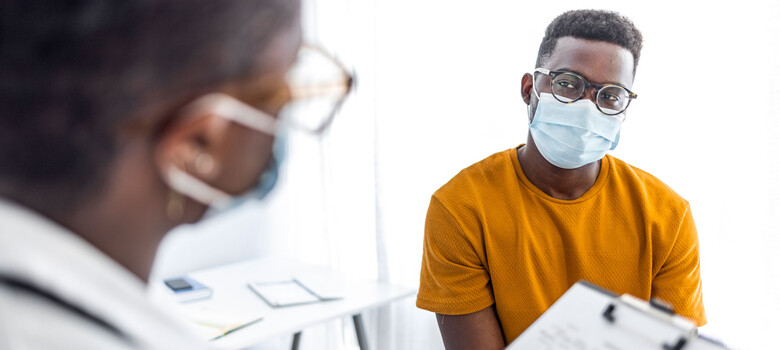Kidney Donor Encourages Others to Consider Living Donation

The first time Anthony Teachey met his boss, David Annas, he asked him for a kidney. After a year of contemplating and many conversations with a Duke Health transplant coordinator, Annas donated his kidney to Teachey. Reflecting back, he wishes he’d done it sooner.
A New Job and a Bold Question
The two men met in June 2022 when Annas started a new job at McGill, a composting facility. Their first in-person meeting at the plant in Delway made a big impression on Annas. “He looked me right in the face and said, ‘Have you ever thought about donating a kidney?’” Annas said. “He caught me off guard because I didn't know where this was coming from.”
Teachey was 26 when he was diagnosed with polycystic kidney disease (PKD), a hereditary disorder that causes cysts to form in the kidneys. Over time, the cysts cause the kidneys to enlarge. Eventually, they’re unable to function. His mother and brothers had PKD too.
Teachey was in his 50s when he met Annas. At the time, his kidney function was at 19%. “I felt so bad,” said Teachey. “I didn’t have any energy, but I continued to work.” Teachey tried to find a donor before resorting to dialysis. He was listed on the national transplant list but knew that could take years. “There were at least four or five guys from church that I asked, too.’" said Teachey. “I think I scared one of them because he avoided me for about six months.”
Getting Evaluated
Annas told Teachey he would consider donating, but deep down, he hoped the topic wouldn’t come up again. However, a few months later Annas decided to begin the evaluation process with the Duke Health transplant team, starting with a medical history review and basic labs.
After that, Annas went through an extensive on-site two-day evaluation that includes everything from imaging tests to a psychosocial assessment. “We want to make sure donors are safe long term, not just if they are healthy right now,” said Duke Heath transplant coordinator Tara Robisch. “We ask, ‘Are they still going to be ok 20, 30, or 40 years from now with one kidney?’”
Finding Out He's a Match
Annas was a match. “I prayed about it a lot and I was feeling pulled to give, but I was also very fearful,” he said. Annas was afraid of the potential health consequences and the risk of surgery. “The transplant team reassured me and calmed my nerves.” Still, he wasn’t ready to commit.
Coming to a Conclusion After a Second Evaluation
Six months after Annas’s first evaluation Robisch reached out again. As his transplant coordinator, it was her job to check in with him regularly. Robisch let him know he needed an updated evaluation if he was still interested in donating his kidney to Teachey. “Honestly, I thought he was going to decide not to move forward,” said Robisch. “But he kept saying, ‘I’m still thinking about it. I’m still open to it, but I'm not for sure.’”
In June 2023, a year after Teachey asked for his help, Annas felt ready to donate. He asked Teachey to lunch to share the good news. Teachey tried to cancel because he felt so poorly. By this time, his kidney function was down to 12%. He’d started dialysis three months prior and was more exhausted than ever. “I think we both knew that God had put us together for this to happen,” said Annas.
The Transplant Experience
The transplant took place in August 2023. In the months folowing, both felt great. Annas was astonished at how quickly Teachey’s health improved once he had a new kidney. “It made me regret not doing the transplant sooner,” he said. Within a month Teachey lost 25 pounds. “I feel like I’m 30 years old again,” said Teachey.
An Advocate for Kidney Donation
Today, anytime someone approaches Annas to ask about his experience, he encourages them to donate and to consider Duke for their transplant. “I wish I had known that it would be so easy and that it would make such a big difference in Anthony's life. If I could do it again, I would."

